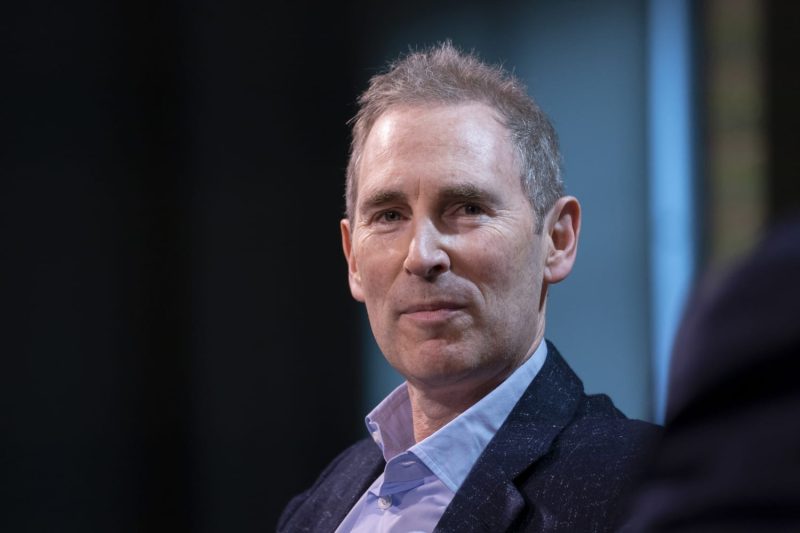According to a recent announcement by the CEO of Amazon, the tech giant’s workers are expected to return to office in full capacity. This directive is viewed as Amazon halting the work-from-home regime as we knew it, which had come to prominence during the Covid pandemic. This significant decision has fuelled myriad reactions as it shakes up the dynamics of both the corporate world and the everyday lives of the company’s employees.
Andy Jassy, the Chief Executive Officer since July 2021, has dictated that Amazon employees return to the office fulltime after a shift to remote working due to the Covid-19 pandemic. This is regarded as a pivotal move by one of the world’s largest corporations, which is sure to set a trend in the largely remote working world.
Amazon stands out as it asks its employees to return to offices full time in light of many businesses around the globe allowing a flexible return to work plan. The global pandemic had forced many people to adapt to a ‘work from home’ reality. Yet, Amazon seems to be veering away from this model in favor of full-time office work. Jassy’s announcement wasn’t merely a directive, but a clear statement of vision where he emphasized the importance of in-person collaboration for productive, innovative work.
The move announced by Amazon’s CEO can be seen as an attempt to recover a semblance of pre-pandemic work culture. Their belief is that a full-time office environment fosters a more conducive space for spontaneous meetings and brainstorms, a view that resonates with Amazon’s work philosophy.
Contrary to other industry giants like Facebook, Twitter, and Microsoft, who have implemented a permanent, partial work-from-home policy, Amazon’s full-time return direction communicates an underlying message about its faith in the office workspace. The company perceives in-person interactions as critical for nurturing creativity and productivity. According to Jassy, the nature of Amazon’s work requires a lot of spontaneous invention that he believes is only possible in a physical office setting.
The impact of this decision is vast and cuts across several ways. For instance, it reaches into the lives of employees who have grown comfortable or achieved better work-life balance with remote working. Similarly, it influences the company’s working culture and potentially changes the backdrop against which the workforce operates.
There are concerns about the decision as workers globally are growing accustomed to hybrid models of working. This decision would force Amazon employees to readjust to full-time office work, potentially risking employee satisfaction. Critics have pointed out that this move might also increase the risk of virus spread among employees. However, Amazon asserts that the company’s policies are rooted in employee safety, and proper measures will be taken to ensure a safe working environment in offices.
In conclusion, this move by Amazon CEO Andy Jassy is seen as a clear departure from the current trend of remote work. The clash of old and new norms in work culture ignited by this directive will have implications not just for Amazon, but perhaps the global corporate world. With this decision, the stage is set for an interesting test – to witness how employees, stakeholders, and the tech industry respond to the enforcement of this full time in-office work requirement. Only time will tell the overall impact and practicality of the move.




